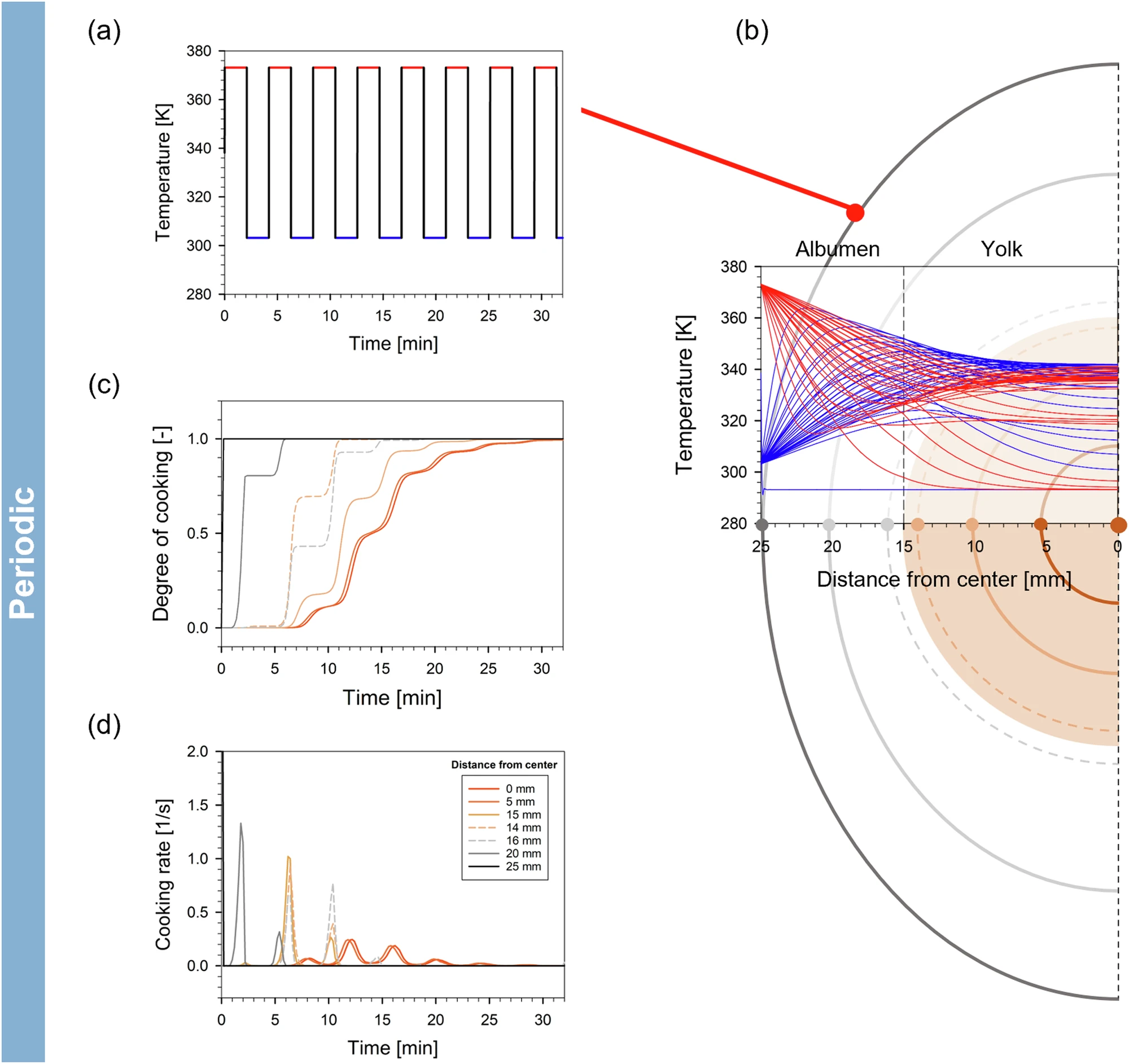Lol, it's real: https://sib.illinois.edu/directory/profile/hanks
ArcticDagger
Awesome, that seems like a great find!
Good point
I believe the original article is open access: https://www.science.org/doi/10.1126/sciadv.adr8243
In there, they show the following figure (figure 6):

Where the authors say that 12 μg/ml microplastics in the blood is representative for humans
Ahh that's wack. The article it's based on is open-access: https://www.nature.com/articles/s41586-024-07856-5
Plenty. If you scroll down, there's tens of research articles linked. You just have to click on the circles for most of the articles :-)
Here's an excerpt from the bottom of the article':
The most conclusive long-term study on sleep training to date is a 2012 randomized controlled trial on 326 infants, which found no difference on any measure—negative or positive—between children who were sleep trained and those who weren’t after a 5 year follow up. The study includes measurements of sleep patterns, behavior, cortisol levels, and, importantly, attachment.
That's an interesting point. But maybe there are some compounds that can induce a state that fools people who've never tried psychoactive compounds? I've heard of studies using dehydrated water as a placebo for alcohol as it induces some of the same effects:
Like ethanol, heavy water temporarily changes the relative density of cupula relative to the endolymph in the vestibular organ, causing positional nystagmus, illusions of bodily rotations, dizziness, and nausea. However, the direction of nystagmus is in the opposite direction of ethanol, since it is denser than water, not lighter.
To a certain extent I agree, but I also think it's a tricky topic that deals a fair bit with the ethics of medicine. The Atlantic has a pretty good article with arguments for and against: https://web.archive.org/web/20230201192052/https://www.theatlantic.com/health/archive/2011/12/the-placebo-debate-is-it-unethical-to-prescribe-them-to-patients/250161/
Yes, in your three situations, I'd agree that option C is the best one. But you're disregarding a major component of any drug: side effects. Presumably ecstasy has some nonnegligible side effects so just looking at the improvement on the treated disease might now show the full picture
I agree that it's a shame that it's so difficult to eliminate the placebo effect from psychoactive drugs. There's probably alternative ways of teasing out the effect, if any, from MDMA therapy, but human studies take a long time and, consequently, costs a lot of money. I'd imagine the researchers would love to do the studies, but doesn't have the resources for it
I think the critique about conflicts of interest seems a bit misguided. It's not the scientists who doesn't want to move further with this. It's the FDA
But if they know they're getting ecstasy, the improvement might originate from placebo which means that they're not actually getting better from ecstasy. They're just getting better because they think they should be getting better
That's a super cool link. Thanks for sharing!
I think those are all good questions that I don't think anyone really have conclusive answers to (yet). Hopefully the researchers will have the funds in the future to investigate those and more!

I mean...it's not lions, but some cultures does burial rituals by letting the corpse be eaten by animals. In my opinion, giving your body back to nature is quite respectful
https://en.m.wikipedia.org/wiki/Sky_burial